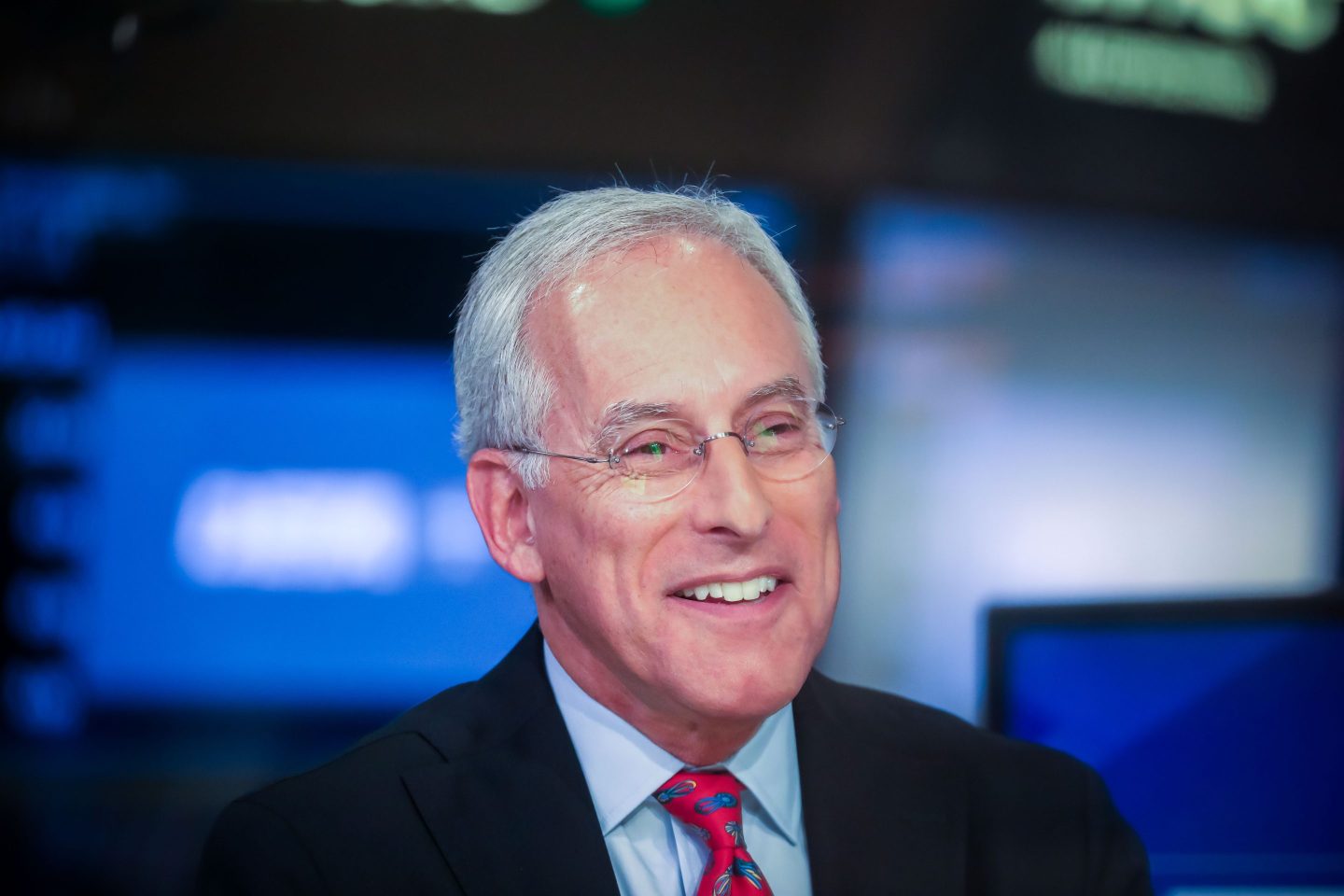We’re taught early on to tell the truth; parents and teachers scold us for lying. We’re later encouraged to keep our promises and meet our commitments – to “under promise and over deliver,” as we often say in the business world. “Act with integrity” is usually found on lists of company values.
Now look around. The entrepreneurial culture in America couldn’t be more overhyped.
Silicon Valley unicorn Theranos raised $750 million at a $9 billion valuation thanks to its breakthrough blood testing technology that apparently doesn’t actually work. Meanwhile, Tesla (TSLA) received nearly 300,000 orders for a car that does not yet exist and probably won’t ship for years.
The digital world is even worse. The personal branding phenomenon has created a generation of “fake it ‘til you make it” self-promoters whose virtual personas bear little resemblance to reality. User-generated content is full of popular fads and utopian fluff. Facebook’s (FB) mantra, known as The Hacker Way, is “move fast and break things.”
In today’s culture, hype isn’t just accepted; it’s encouraged. And rewarded. Handsomely.
Related: This Is How You Solve America’s Entrepreneurship Crisis
No wonder young adults are confused and disillusioned. Everywhere they look, they see contradictions between what they were taught and how the real world seems to operate. Everything they thought they knew about integrity turned out to be a load of Pollyannaish nonsense. How ironic can you get?
But hold on just a second; this is not as black and white as it seems.
Qualities like authenticity and integrity do matter. They matter a lot. And despite much evidence to the contrary, there are finite limits to how much hype the business world will tolerate. The way to thread the needle between those two opposing forces is by understanding that, sooner or later, you have to deliver on the hype.
How soon, you ask? Before you’ve lost all credibility. Before you run out of cash and your investors bail on you. Before your customers get fed up and flee to the competition. Before somebody gets hurt. Before your brand suffers a nuclear meltdown. Before the board fires your sorry behind and your reputation turns to toxic waste.
If you wait too long to deliver on the hype, bad things will happen. And while “deliver” is invariably a moving target that’s unique to each situation, make no mistake; you always have to deliver. And sooner is always better than later. Here are two recent examples of hype that works and hype that doesn’t work, starting with Tesla.
Musk does have a tendency to get ahead of himself — way out ahead of himself, actually. He chronically misses delivery dates and profitability targets by years, not months. But he does have a knack for pulling rabbits out of hats in the nick of time. He does deliver. And customers love the cars. That’s why Tesla has an enormous cult following.
I doubt if anyone who ponied up $1,000 to reserve a Tesla Model 3 will actually get it before 2018, or for less than the base price of $35,000, since the company will likely reach its limit of federal tax credits before then. And I’m sure that Tesla will have to raise capital and face a myriad of production hurdles before all is said and done.
But so far, Musk has managed to thread the needle and deliver on the hype.
As for Theranos CEO Elizabeth Holmes, that’s an entirely different story. The charismatic Stanford dropout somehow managed to entice noted Silicon Valley venture capital firm Draper Fisher Jurvetson, Oracle chairman Larry Ellison, and others to invest a large fortune in her technology, sight unseen.
[fortune-brightcove videoid=4826467869001]
Holmes’ vision was to disrupt the $76 billion laboratory diagnostics industry by inventing technology that could run hundreds of blood tests from a few drops of blood drawn from a simple finger prick, practically in real time and at a fraction of the cost of traditional labs like Quest and LabCorp.
Enveloped in secrecy for more than a decade, the startup came out of stealth mode with enormous fan fair, offering its services direct to consumers through Walgreens wellness centers in Arizona and California with aggressive plans to go nationwide. And Holmes was an instant entrepreneurial icon; her picture was everywhere.
Related: Why Millennials Should Give Corporate America Another Shot
Fast-forward three years. Amidst a growing scandal, Theranos’ Silicon Valley lab has been shuttered and Walgreens is searching for a way out of the relationship. Federal regulators are turning up the heat, as independent tests show that the company’s proprietary technology is highly inaccurate on numerous blood tests.
Theranos’ dire situation stems from just one problem: failing to deliver on the hype.
You could not make a clearer distinction between these two stories. Both went pretty overboard but only one delivered. Our tolerance for media hype may be higher than it used to be, but one thing will never change: business leaders must always deliver, whether they’re in Silicon Valley or not.











